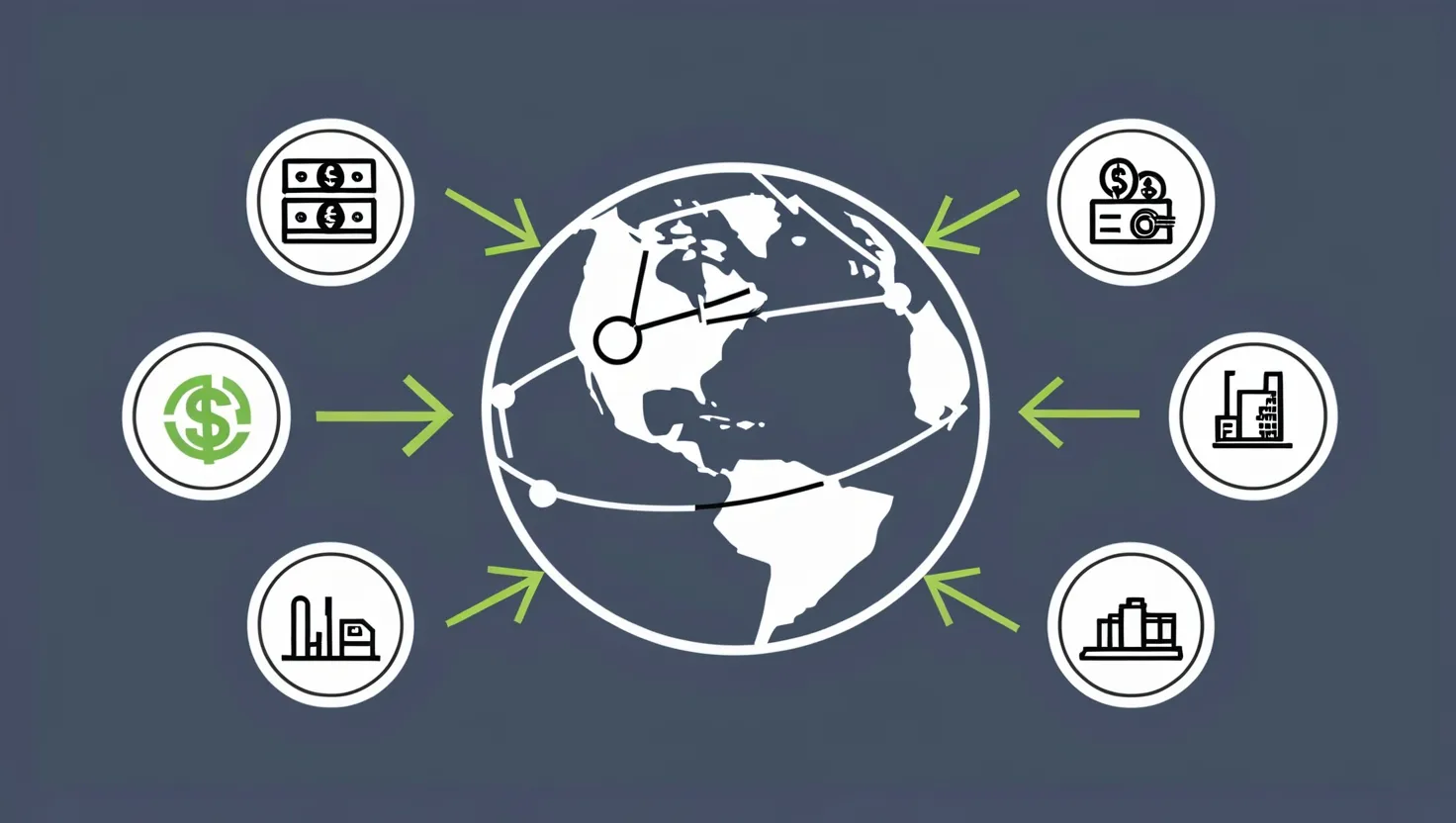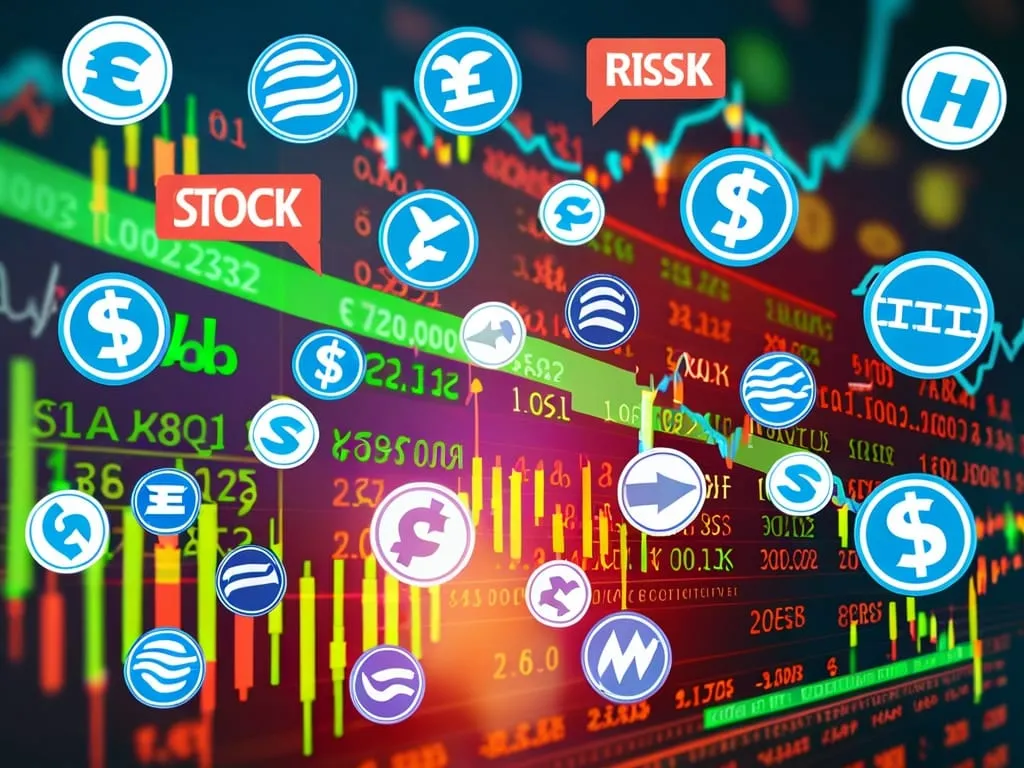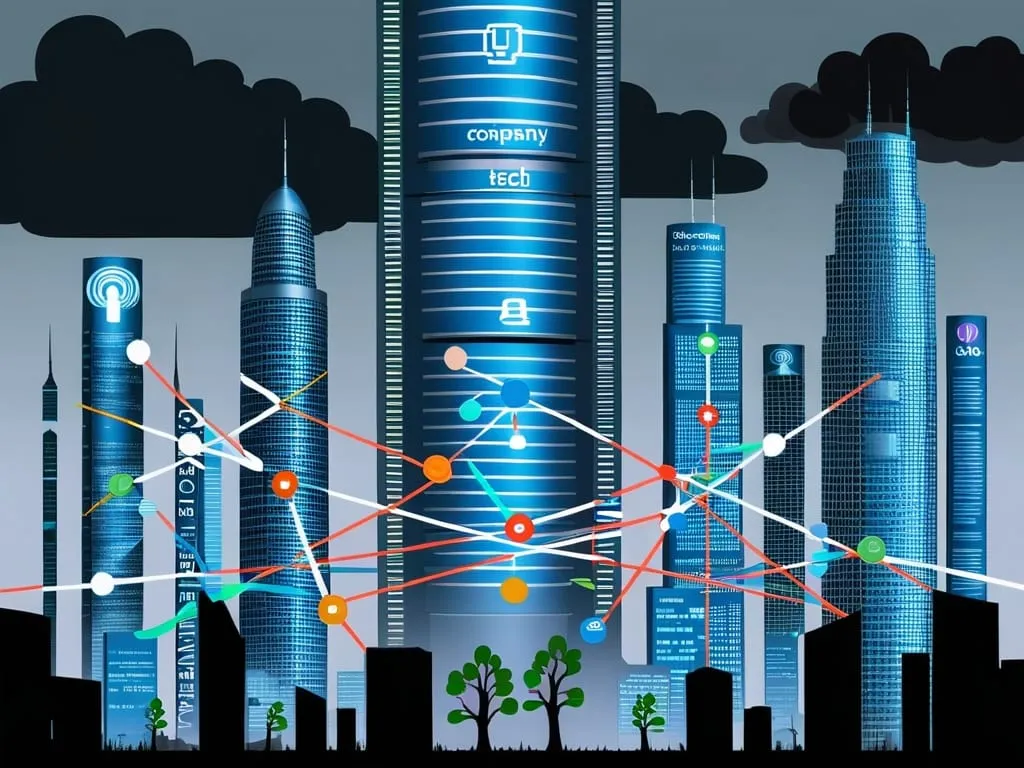As we delve into the complex world of global trade, it’s clear that economic policies play a pivotal role in shaping the landscape. Here, we’ll explore five key policies that are currently influencing the global economy, and how they impact local economies, job markets, consumer prices, and international relations.
Free trade agreements, often hailed as a boon for economic growth, have a multifaceted impact on local economies. On one hand, they can significantly boost productivity. For instance, the Canada-U.S. Free Trade Agreement, implemented in 1989, led to a compounded annual increase in labor productivity of 2.1 percent in the most affected industries. This rise in productivity can translate into lower costs for consumers and higher efficiency for businesses.
However, the flip side of this coin is the substantial adjustment costs for workers and industries that struggle to compete with cheaper imports. In Canada, industries such as garment and footwear manufacturing saw significant job losses and plant closures due to the increased competition from the U.S. This highlights the delicate balance between promoting efficiency and protecting vulnerable sectors.
Protectionist measures, particularly tariffs, have been a hot topic in recent years. The Trump administration’s imposition of national security tariffs on steel and aluminum, as well as heightened tariffs on Chinese goods, marked a significant shift in U.S. trade policy. These actions were defended by the subsequent Biden administration, which even increased some of the tariffs.
The impact of these protectionist measures is far-reaching. While they may provide temporary relief to domestic industries by shielding them from foreign competition, they often lead to retaliatory measures from other countries. This can result in a tariff war, where consumers ultimately bear the brunt through higher prices. For example, the U.S.-China tariff war led to increased costs for American consumers and businesses, affecting everything from electronics to agricultural products.
Digital taxation is another area that’s gaining traction, particularly as tech giants continue to dominate the global economy. The idea is to ensure that these companies pay their fair share of taxes in the countries where they generate revenue, rather than exploiting loopholes to minimize their tax liabilities. This policy aims to level the playing field for local businesses and generate additional revenue for governments.
However, implementing digital taxation is complex. It requires international cooperation to avoid double taxation and ensure that the rules are fair and consistent across different jurisdictions. The OECD has been at the forefront of these efforts, working to establish a global framework for digital taxation. If successful, this could lead to a more equitable tax environment, but it also risks creating new bureaucratic hurdles and potential conflicts between nations.
Green economy initiatives are transforming traditional industries in profound ways. As countries strive to meet their climate goals, policies aimed at reducing carbon emissions and promoting sustainable practices are becoming more prevalent. For instance, the European Union’s Green Deal includes ambitious targets for reducing greenhouse gas emissions and transitioning to renewable energy sources.
These initiatives can have both positive and negative effects. On the positive side, they drive innovation and create new job opportunities in sectors like renewable energy and sustainable manufacturing. However, they can also lead to significant costs for industries that must adapt to new regulations, potentially resulting in job losses in sectors that are heavily reliant on fossil fuels.
Currency manipulation is a subtle yet powerful tool in international trade. Countries can influence the value of their currency to make their exports more competitive or to protect their domestic industries. For example, if a country devalues its currency, its exports become cheaper for foreign buyers, which can boost export volumes but also lead to higher import prices.
The consequences of currency manipulation can be far-reaching. It can lead to trade tensions and accusations of unfair trade practices. The U.S., for instance, has often accused China of manipulating the yuan to gain a trade advantage. This can escalate into broader economic conflicts, affecting not just the countries involved but also the global economy as a whole.
In conclusion, these economic policies are not isolated phenomena but are interconnected and influence one another. Free trade agreements can lead to increased productivity but also job losses in vulnerable sectors. Protectionist measures may protect domestic industries in the short term but can spark global trade wars. Digital taxation aims to ensure fairness but requires careful international coordination. Green economy initiatives drive innovation but come with significant transition costs. Currency manipulation can boost exports but risks triggering trade conflicts.
Understanding these policies and their implications is crucial for policymakers, businesses, and consumers alike. As we move forward in this complex global economic landscape, it’s essential to consider the multifaceted effects of these policies and strive for balanced approaches that promote growth, fairness, and sustainability. By doing so, we can create a more equitable and prosperous global economy for all.






